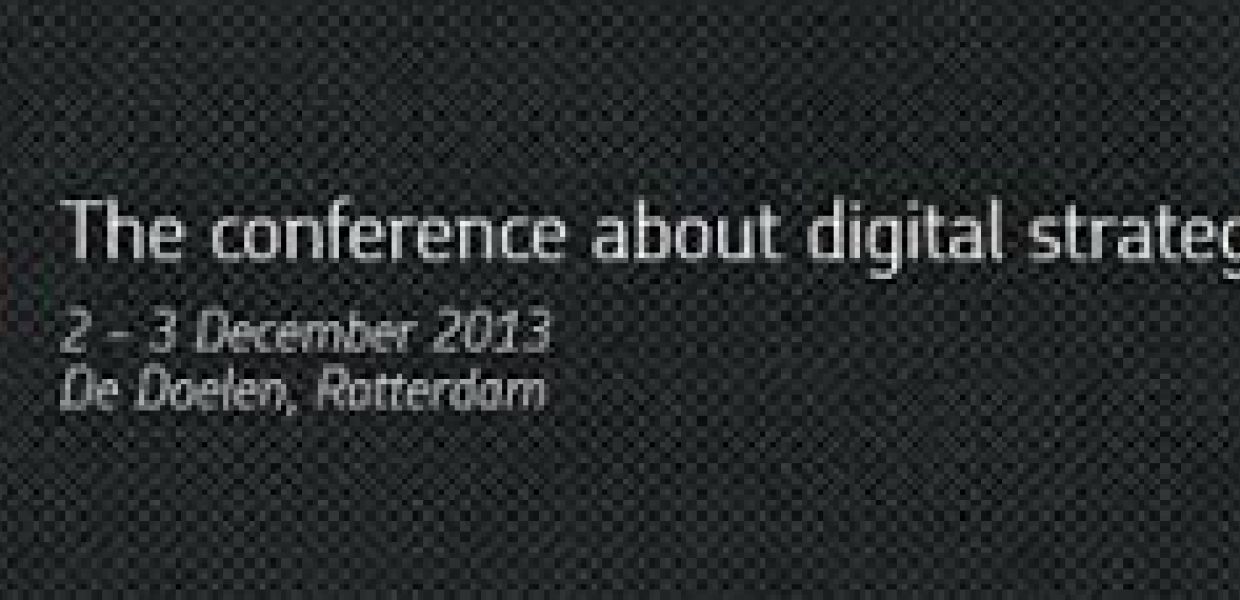Bridging the Gap with the Creative Industries

Europeana Creative Workshop – Bridging the Gap with the Creative Industries – December 2, 2013 @ DISH2013 in Rotterdam
The Europeana Creative project is bridging the gap between cultural heritage institutions and creative industries through a focused program of pilot applications and incubation. In the high-level expert workshop “Bridging the Gap with Creative Industries”, taking place at DISH2013 in Rotterdam on December 2, invited experts will join partners from the Europeana Network and the creative industries community to discuss and debate case studies of creative industry engagement, hoping to draw out strategic themes, factors for success, trends and principles.
The workshop is part of the Europeana Annual General Meeting (AGM), a key event for Europeana and its Network, and the Digital Strategies for Heritage (DISH) Conference, a biannual international conference on digital heritage and strategies for heritage institutions. Business for creative industries is one of the main themes of the conference this year.
Keynote speaker Bernd Fesel, deputy director of the European Centre for Creative Economy (ecce) and chairman of the European Creative Business Network (ECBN) will frame the discussion in his opening address. This will be followed by parallel table discussions in which participants from cultural heritage institutions and the creative industries will brainstorm together on how they can better collaborate for mutual benefit in the future. The table discussions will cover three thematic areas corresponding to Europeana Creative’s pilot applications and open innovation challenge events: education, tourism and social networks. Pilot leaders will be on hand throughout the session to share their experiences and the challenges encountered so far in developing the first Europeana Creative apps.
The concluding panel discussion will synthesise the ideas generated in the parallel table discussions and translate these into concrete, actionable recommendations on how to bridge the gap between cultural heritage institutions and the creative industries. Join us to have your voice heard!
Programme December 2, 2013
8.45–9.25: Registration open
9.30–10.30: AGM plenary program
10:30–10:40: Plenary introduction workshop
10.45–11.00: Start workshop and keynote Bernd Fesel
11.00–12.00: Round-table discussions
12.00–12.30: Panel discussion
The workshop will take place at De Doelen, a conference venue (www.dedoelen.nl) close to the Rotterdam Central railway station.
Join the Workshop
The workshop is open to participants of the Europeana Network Annual General Meeting and interested guests from the creative industries. Want to join? Please contact João Gonçalves, project manager of the European Business & Innovation Centre Network, via [email protected].
Participants can register as Europeana Network members (registration is free) and attend free of charge both the AGM and the reception on the evening of December 2, which is open for all AGM/DISH participants. All Europeana Network members will be compensated for travel and subsistence according to the Europeana v2.0 reimbursement rules (1 night to be refunded).
About Bernd Fesel
Bernd Fesel is an independent promoter, researcher and advisor in the cultural creative industries in Europe. He studied economics and philosophy in Heidelberg and Bonn from 1983 to 1990. Currently he is working on a PhD in economics at the University of Düsseldorf. In 1990 he started his career in the art market as co-owner of the Gallery Karin Fesel, in 1997 becoming managing director of the German and then the European Gallery Association in Brussels. In 2003 he founded the Bureau for Cultural Policy and Economy and served as advisor of the German UNESCO Commission and the German Federal Foreign Office. Since 2010 he is deputy director of the European Centre for Creative Economy (ecce), an institute of the European Capital of Culture RUHR.2010, www.e-c-c-e.com, and chairman of the European Creative Business Network (ECBN), www.ecbnetwork.eu.

